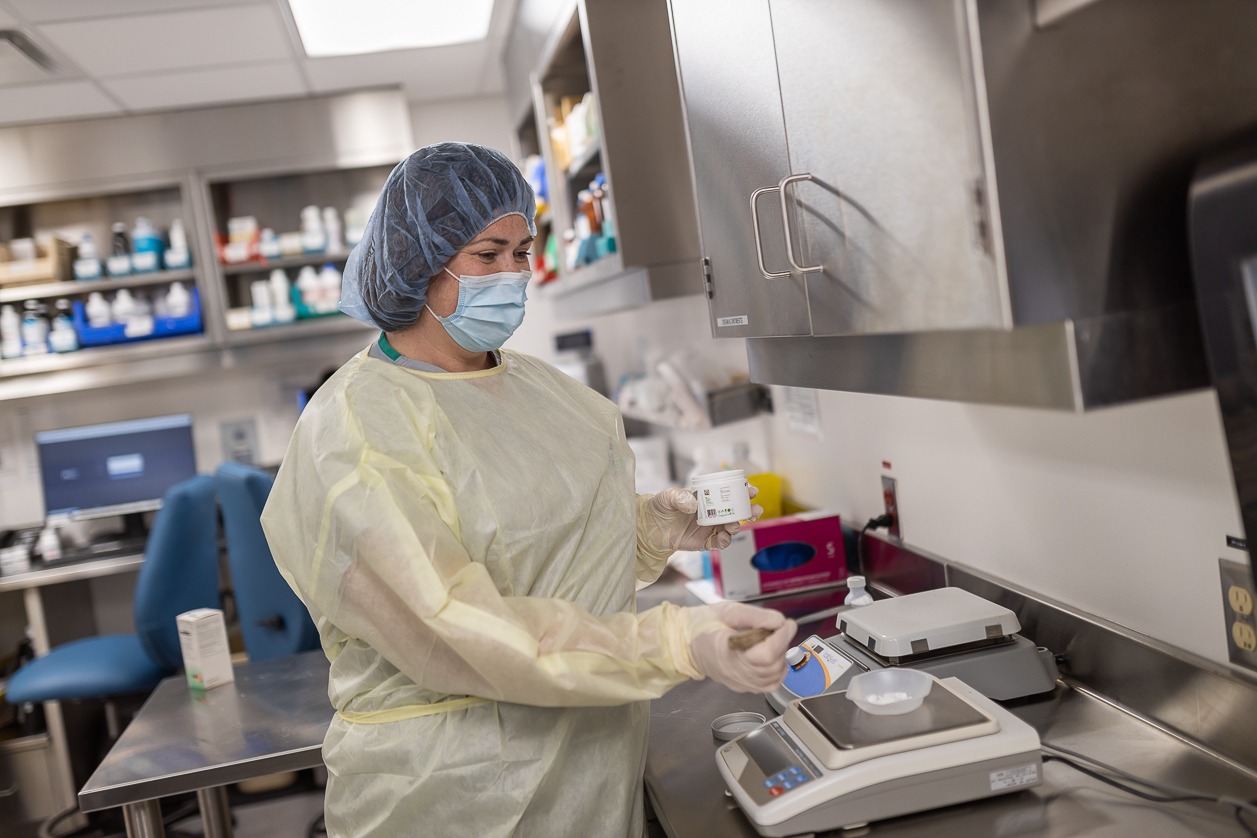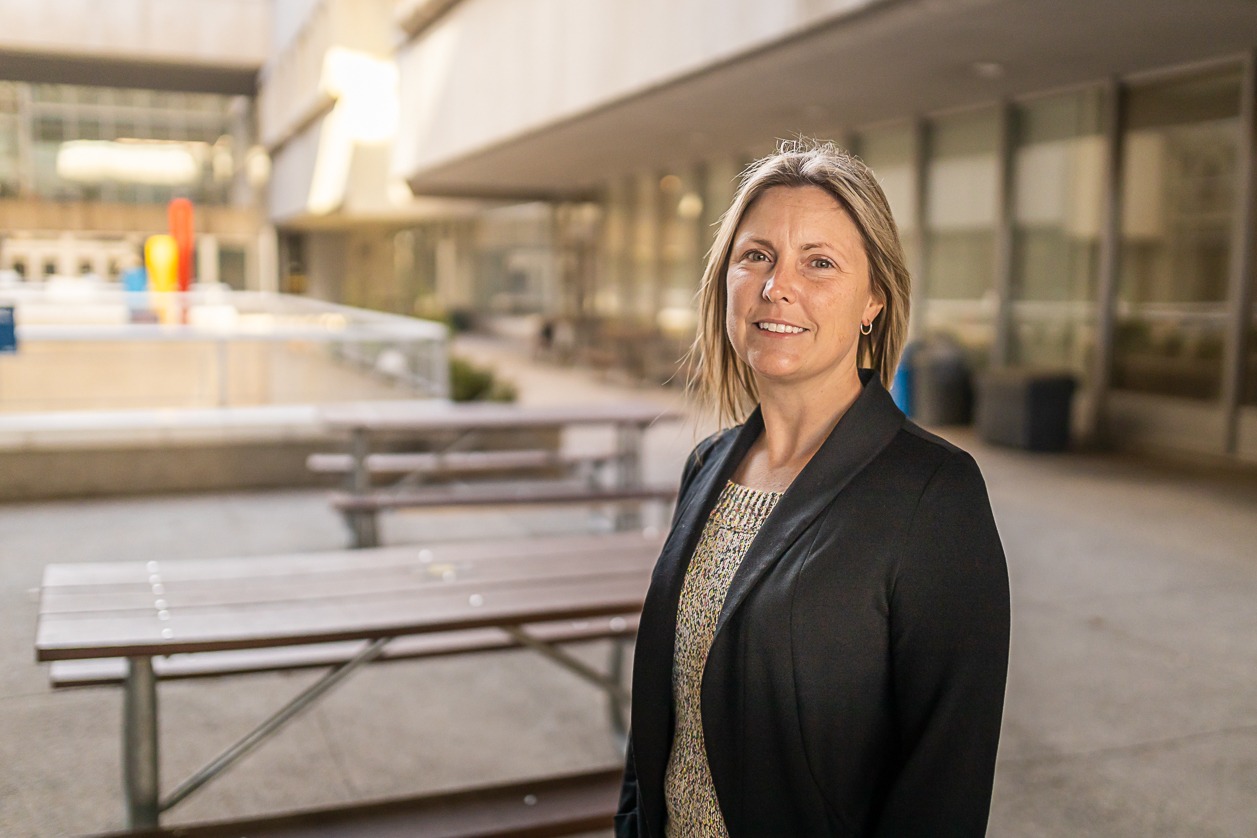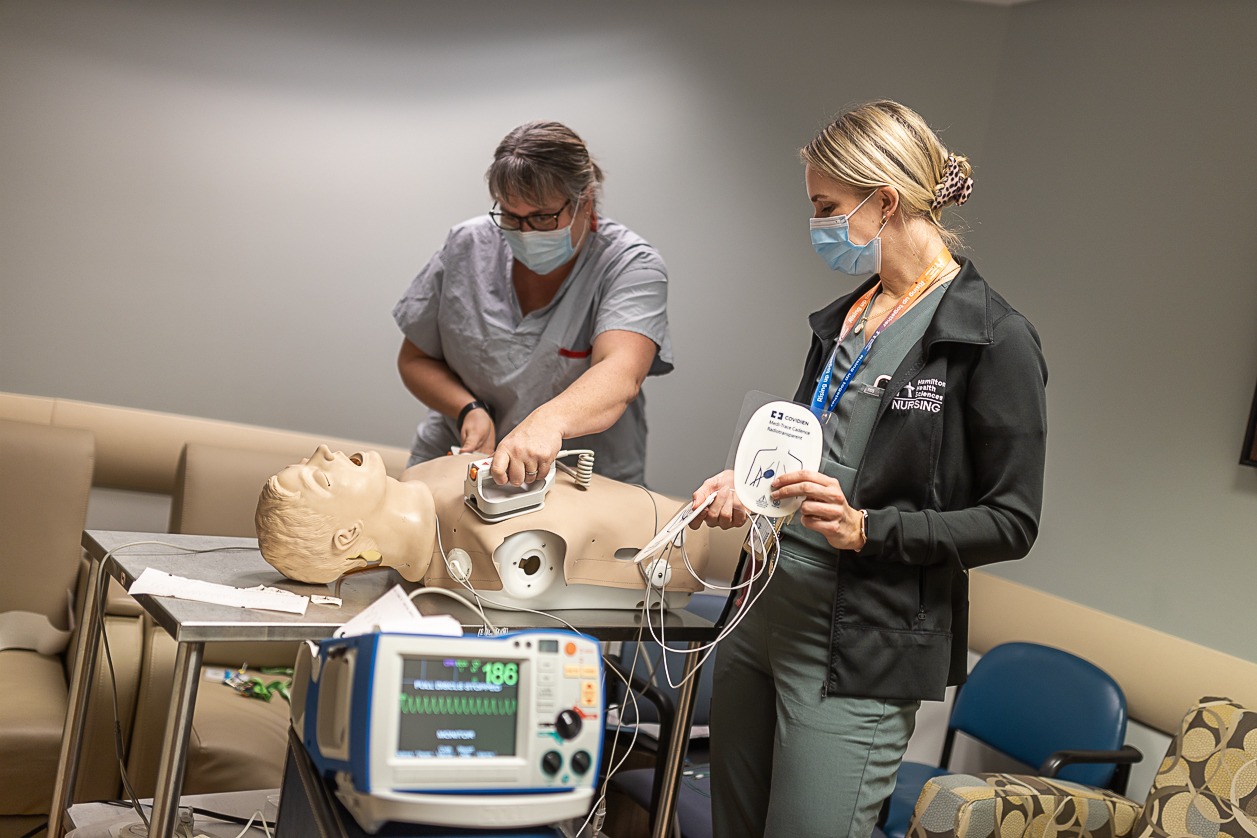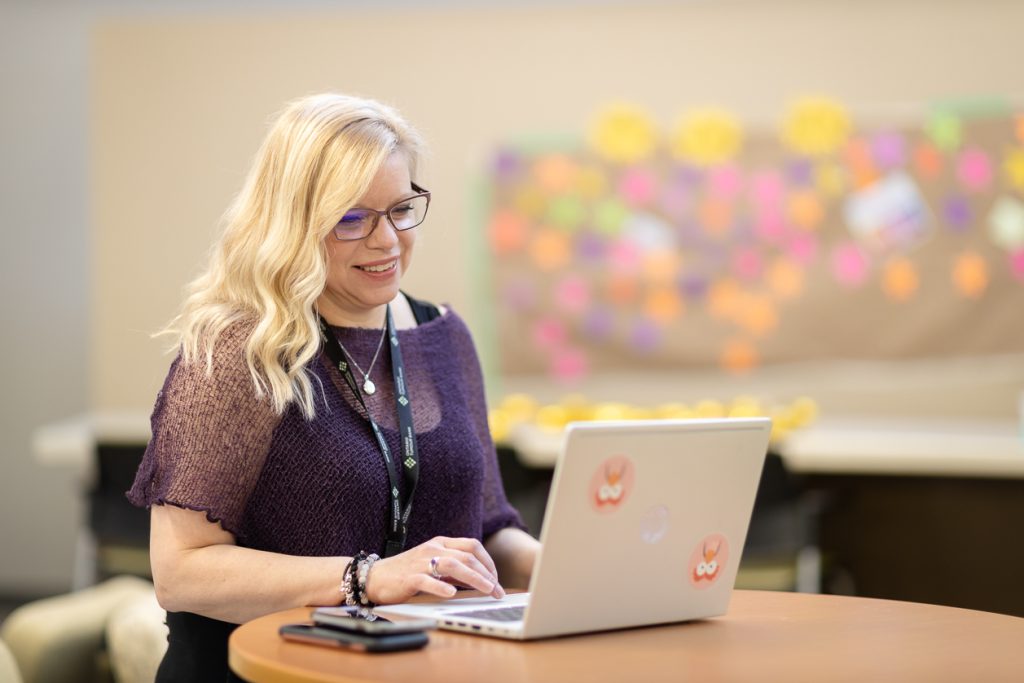
Driving the future of health care from behind the scenes
As a large, regional health-care organization, Hamilton Health Sciences (HHS) offers many non-clinical career opportunities in finance, IT, human resources and business analytics.
“I just wanted to find a way to contribute to this community I grew up in.” — Betty Duan, financial services manager
And Hamilton’s largest employer is a great place to work. We were recently recognized as a top employer in the Hamilton-Niagara region again and a top employer of young people in Canada last year.
Health informatics opportunities

Liz Feeney
Liz Feeney has made her career at HHS. A medical laboratory technologist by training, she most recently served as laboratory work stream lead for Project Odyssey, the massive rollout of the new Epic electronic hospital information system that went live in June.
“Digital health is really driving the future of health care,” says Feeney. “As our systems become more advanced we rely on very clinically knowledgeable and technology savvy individuals to support the overall system. These behind-the-scenes positions of health-care professionals really work to improve the health-care experience using the tools of the electronic health record.”
Epic is the largest clinical transformation in the history of HHS. The digital platform allows clinicians to get timelier, seamless information and allows patients to track appointments, medications and lab results.
“Health-care informatics is a really challenging career,” says Feeney. “You’re constantly needing to pivot based on issues and priorities, and tickets that are being reported by frontline staff, all while navigating requests to optimize the system as well.”
Private sector skills highly transferrable
At just under 15,000 employees, managing labour needs at HHS is also a critical task.
“I like thinking that what I’m doing could impact the next mom sitting in the NICU.” — Tatum Gunn, manager, workforce planning and analysis
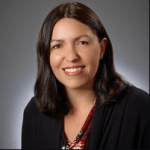
Tatum Gunn
Tatum Gunn has worked at HHS for just over four years. In that time, she has progressed through three roles within finance and she now works as manager of workforce planning and analysis.
Her team handles all the forecasting, planning, budgeting and analysis for labour needs across the organization.
Gunn came to HHS after roles at BMO, Deloitte and Tim Hortons.
“All the skills of the private sector in terms of planning and analysis apply to the hospital sector. The skills are highly transferable,” she says.
For Gunn, working for HHS is personal.
Her oldest son, now a healthy 17-year-old, spent a couple of months in the neonatal intensive care unit (NICU) after he was born prematurely.
“Health care is something we all need to be able to rely on,” she says. “For me, working here at HHS, I carry my experience with me. I like thinking that I what I’m doing could impact the next mom sitting in the NICU.”
Contributing to your community
Financial services manager Betty Duan felt called to the hospital sector after feeling a sense of helplessness during the pandemic.

Betty Duan
“I just wanted to find a way to contribute to this community I grew up in,” says Duan. “I’m an accountant and I can contribute to health care.”
Duan says HHS’s commitment to innovation is important to her.
“I want to be challenged to think about things differently and to find ways to do things better,” she says. “HHS isn’t shying away from digital transformation. We’re using data to drive insights and using artificial intelligence to help us spend time on things that really matter.”
And she’s thrilled to have a challenging, rewarding career in Hamilton, her home since her family arrived from China when she was nine.
“There is such a strong sense of community in Hamilton and a diverse and inclusive culture. Many people who have grown up here want to stay because of that sense of home.”
This article is part of a series originally published in Think Hamilton.
We are recruiting for roles across the organization. See more on our careers page.

